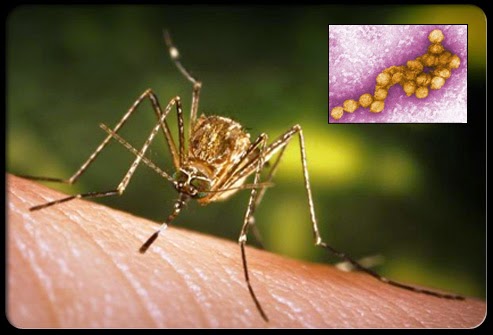Wednesday, 21 May 2014
How is dengue fever diagnosed?
The diagnosis of dengue fever is usually made when a patient exhibits the typical clinical symptoms of headache, fever, eye pain, severe muscle aches, and petechial rash and has a history of being in an area where dengue fever is endemic. Dengue fever can be difficult to diagnose because its symptoms overlap with those of many other viral illnesses, such as West Nile virus and chikungunya fever.
In 2011, the U.S. Food and Drug Administration (FDA) approved a blood test to diagnose people with dengue fever, called the DENV Detect IgM Capture ELISA. The FDA notes that the new test may also give a positive result when a person has a closely related virus, such West Nile disease.
What is the treatment for dengue fever?
Because dengue fever is caused by a virus, there is no specific medicine or antibiotic to treat it. For typical dengue, the treatment is concerned with relief of the symptoms. Rest and fluid intake for hydration is important. Aspirin and nonsteroidal anti-inflammatory drugs should only be taken under a doctor's supervision because of the possibility of worsening bleeding complications. Acetaminophen (Tylenol) and codeine may be given for severe headache and for joint and muscle pain (myalgia).
What is the prognosis for typical dengue fever?
Typical dengue is fatal in less than 1% of cases. The acute phase of the illness with fever and myalgias lasts about one to two weeks. Convalescence is accompanied by a feeling of weakness (asthenia), and full recovery often takes several weeks.
Subscribe to:
Post Comments (Atom)


No comments:
Post a Comment